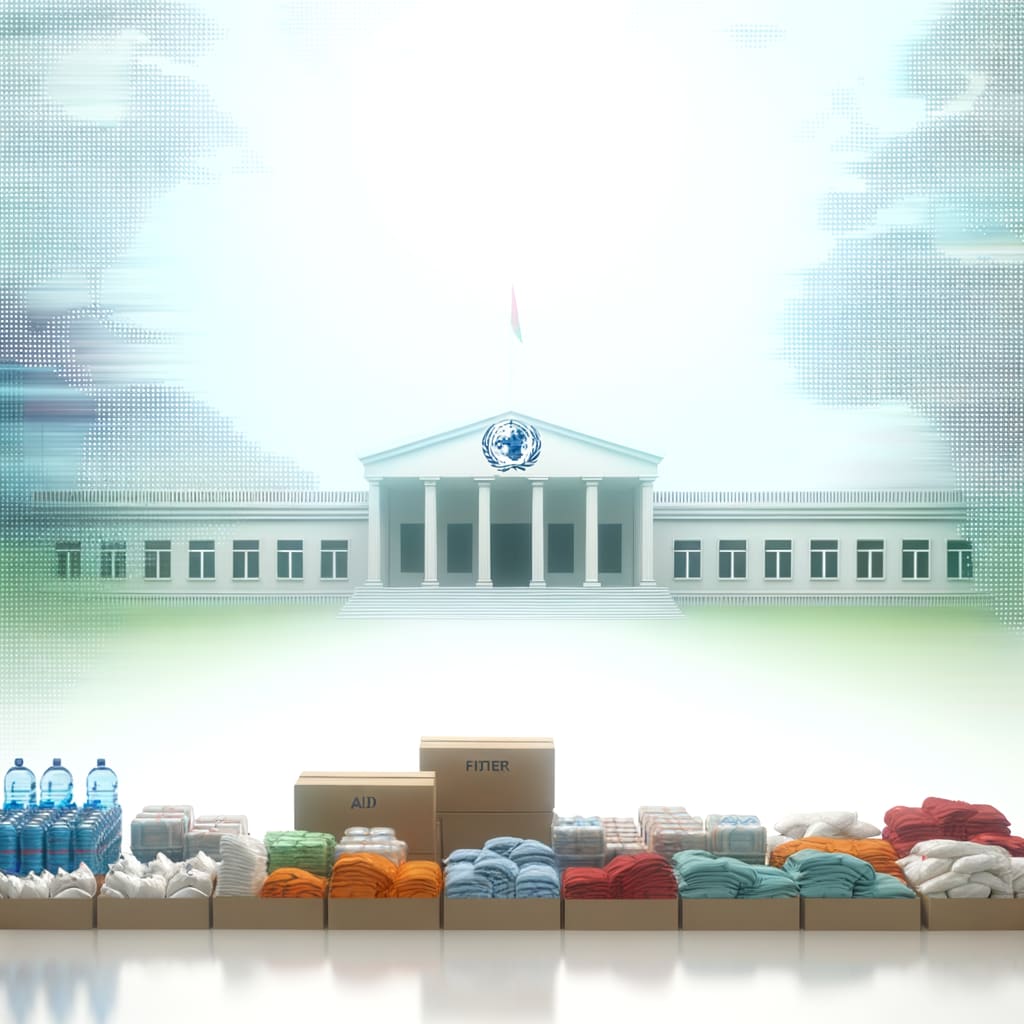Trump Contradicts Netanyahu, Acknowledges 'Real Starvation' in Gaza
Amidst the ongoing crisis in Gaza, US President Donald Trump has publicly contradicted Israeli Prime Minister Benjamin Netanyahu's stance, acknowledging 'real starvation' in the region and called for immediate humanitarian aid. This comes as international outcry over the situation in Gaza grows, with former US President Barack Obama and Egyptian President Abdel Fattah el-Sisi adding their voices to the call for action.
Contrasting Stances on the Crisis
Netanyahu's claim that 'there is no hunger in Gaza' was refuted by Trump, who stated that images of hungry children in Gaza show real starvation
that one can’t “fake”. Trump's comments were made during bilateral talks with UK Prime Minister Keir Starmer at his golf resort in Turnberry, Scotland.
Trump's stance is also in line with that of former US President Barack Obama, who stated that Israel’s starvation of civilians in Gaza has “no justification”. Obama called for immediate action to prevent innocent people from dying of preventable starvation in a recent post.
Calls for Intervention
Egypt's President Abdel Fattah el-Sisi appealed directly to Trump in a televised address, urging him to end the war in Gaza and allow the entry of aid. As a key US ally in the region, Sisi's appeal underscores the mounting international pressure on Israel and the US to take decisive action.
In response to the crisis, Trump announced plans for the US to set up food centres in Gaza to help avert a deepening hunger crisis
. He stressed that these centres would be accessible to all, stating, We're not going to have fences
.
Global Reactions
The international community has been divided on the issue, with some blaming Israel for the starvation and killing of Palestinian civilians in Gaza. Former Australian Labor foreign minister Bob Carr called on the Australian government to sanction Israeli leader Benjamin Netanyahu and move quickly to recognise Palestine statehood, terming Israel's actions as a deliberate starvation
of Gaza.
However, Israeli officials and ministers have attempted to deflect blame for the crisis. They have either denied that Palestinians are being affected by hunger, or asserted that if hunger exists, it is not Israel’s fault.
Conclusion
The ongoing crisis in Gaza is undoubtedly one of the most pressing humanitarian issues of the 21st century. Trump's recent acknowledgment of the 'real starvation' in Gaza and his plans to set up food centres mark a shift in the US's approach towards the crisis. However, the contrasting narratives and increasing international pressure highlight the complexity of the issue. As the situation continues to unfold, the world watches on as the US decides its role in confronting this humanitarian catastrophe.

